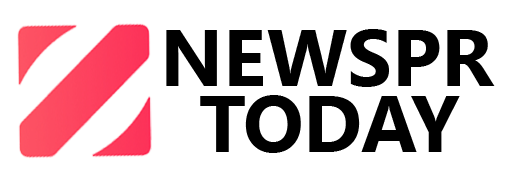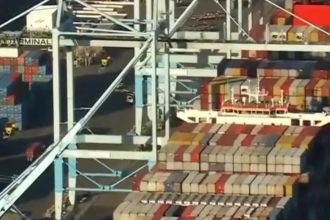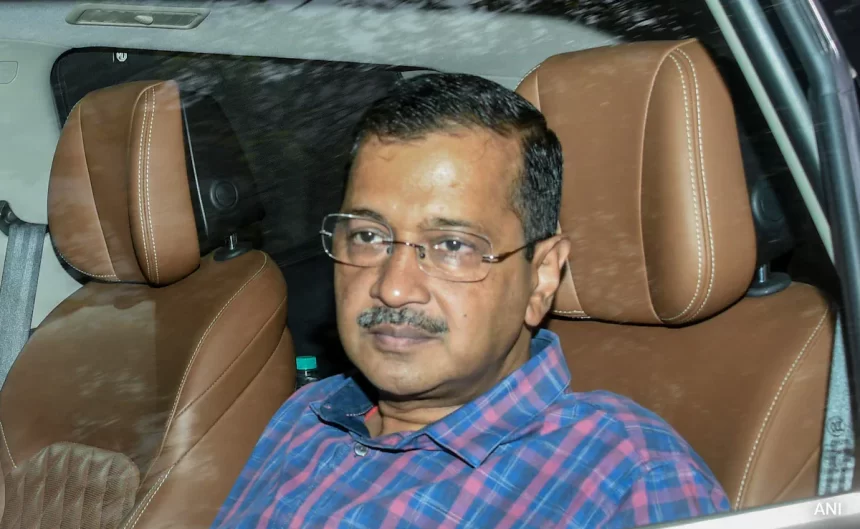The Supreme Court has grated bail to Kejriwal for the campaigning period till 1 June. ED arrested Kejriwal on March 21 in a case linked to money laundering and corruption. He was in Tihar Jail seeking for Bail to campaign Lok Sabha Polls. Three phases of elections have almost passed.
Delhi excise policy case: Supreme Court says it’s passing order on grant of interim bail to Delhi CM Arvind Kejriwal till June 1. pic.twitter.com/lyOLH8qGF1
— ANI (@ANI) May 10, 2024
Now The court also said other bail conditions would be similar to those imposed on AAP leader Sanjay Singh, when he was given interim relief by the top court. Sanjay Singh, a Rajya Sabha MP arrested in October last year in the same case, received bail after six months in jail.
During the hearing, the Supreme Court bench asked Kejriwal to surrender on June 2. “Let us not draw any parallel. He was arrested in March and the arrest could have been before or after. Now, after 21 days, there won’t be any difference. On June 2, Arvind Kejriwal will surrender,” the Supreme Court ruled as per the recent reports.
Advocate Abhishek Manu Singhvi, who represented Kejriwal during the hearing, asked the court whether Kejriwal could get interim bail for June 5. To this, Justice Khanna replied, “No.”
About Delhi liquor scam
The Delhi Liquor Scam is a political scandal concerning the Delhi Government, which paved its way through the introduction of Delhi’s Excise Policy from 2021 to 2022. This policy brought in private firms and enterprise companies into the retail liquor sectors. The allegations involve favouring the owners and shareholders of private sectors, waivers and reduction of license fee and creation of numerous licenses to all the new incoming enterprises, and bribery.
The Excise policy 2021–22 created by the ruling Aam Aadmi Party (AAP), projected it as a reform in the excise and retail liquor sector, thereby boosting the revenue by Rs 9,500 crores. This policy mainly focused on moving out the retail sector, and making way to large private sectors and firms. The policy was structured by a group of ministers from the cabinet, and the draft was approved and accepted by the government in March 2021.

















